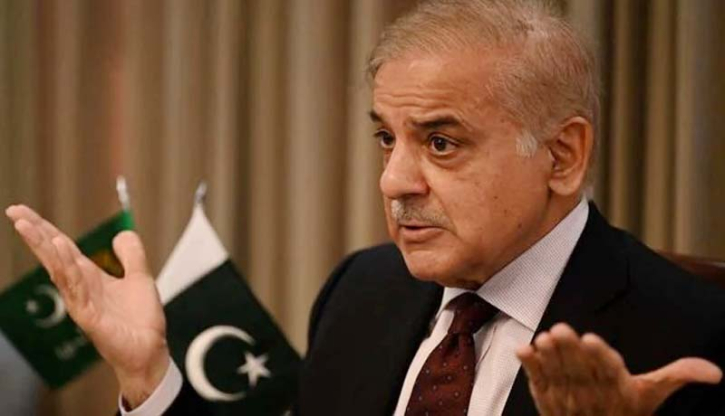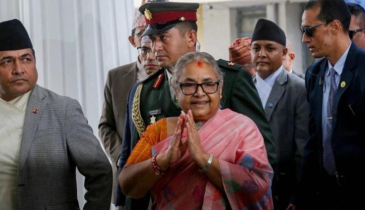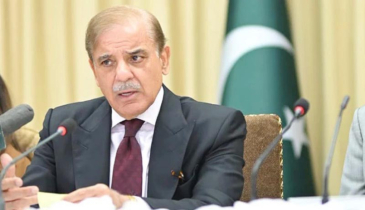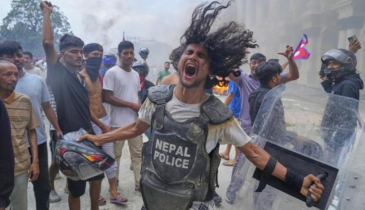Pakistan reaffirms 'Peaceful' nuclear stance amidst regional tensions

Pakistan Prime Minister Shehbaz Sharif has reiterated that the country's nuclear program is strictly dedicated to "peaceful purposes and self-defense."
These remarks, delivered on Saturday to a group of Pakistani students, aim to temper the rhetoric surrounding Pakistan's nuclear capabilities, especially following recent heightened tensions with India. This statement represents a notable shift from previous, more assertive declarations by senior Pakistani officials that had openly hinted at nuclear retaliation in the event of conflict.
Sharif's statement comes less than two months after a senior Pakistani diplomat, Ambassador Muhammad Khalid Jamali to Russia, explicitly warned of deploying "the full spectrum of power, both conventional and nuclear," in the context of rising friction with New Delhi. Jamali's remarks, made in May to the Russian state broadcaster RT, included allegations of imminent Indian military strikes and threats of nuclear retaliation if India were to target specific areas within Pakistan or disrupt its water supply, which he termed an "act of war." Such statements had significantly heightened international concerns about a potential nuclear flashpoint in South Asia.
The Prime Minister's more restrained posture follows a period of intense cross-border military action. This escalation was primarily driven by "Operation Sindoor," a counter-terrorism military response launched by India on May 7, 2025. This operation targeted nine terror hotspots in Pakistan and Pakistan-occupied Kashmir, including significant infrastructure facilities of militant groups like Jaish-e-Mohammed and Lashkar-e-Taiba. India's actions were a direct retaliation for the devastating terror attack in Jammu and Kashmir's Pahalgam on April 22, which tragically killed 26 people, mostly civilians. While Sharif acknowledged that 55 Pakistanis died during India's retaliatory strikes, he emphasized that Pakistan's military response remained within conventional bounds.
Pakistan's nuclear program, which began in the early 1970s, was largely spurred by India's first nuclear test in 1974. Pakistan officially became a nuclear power in May 1998, conducting six nuclear tests shortly after India's own series of tests. Historically, Pakistan has maintained that its nuclear arsenal serves as a credible deterrent against aggression, particularly from its larger neighbor, India. Unlike India, Pakistan has not adopted a "no-first-use" nuclear policy, meaning it reserves the right to use nuclear weapons first in a conflict if it deems it necessary for its survival. This strategic ambiguity has always been a point of international concern.
.png)









